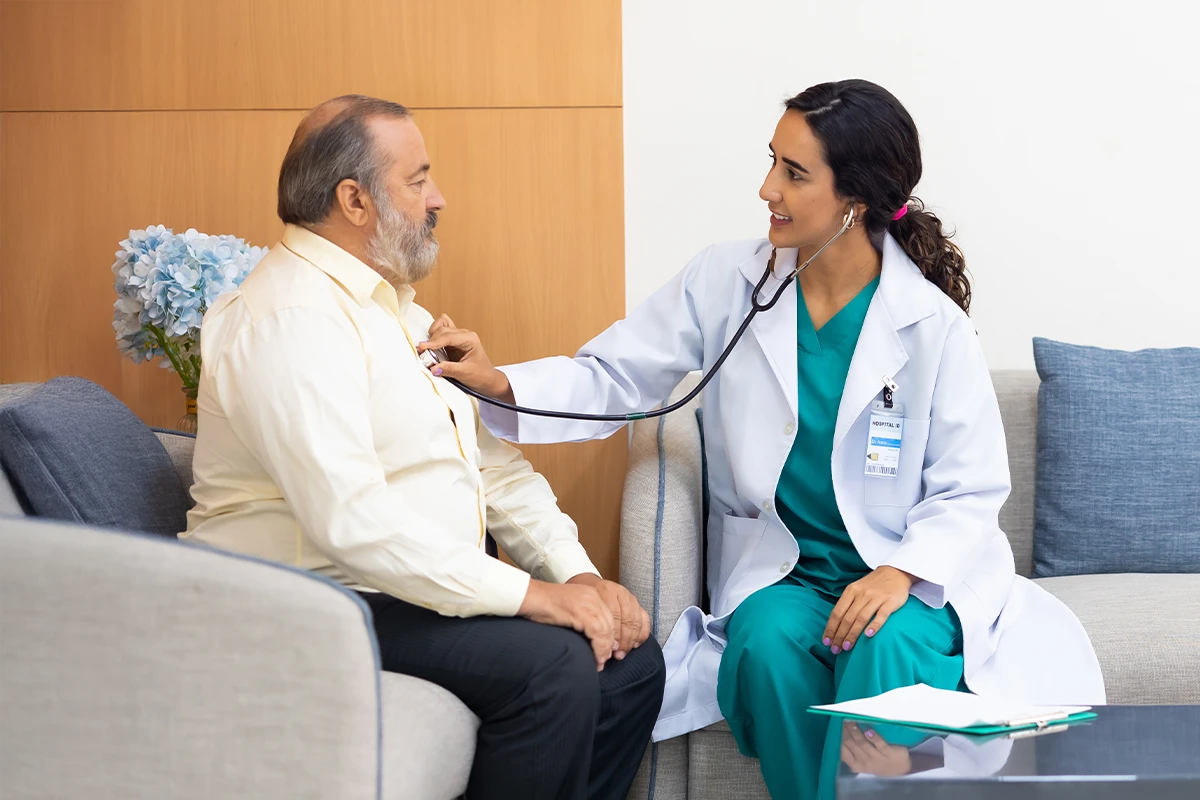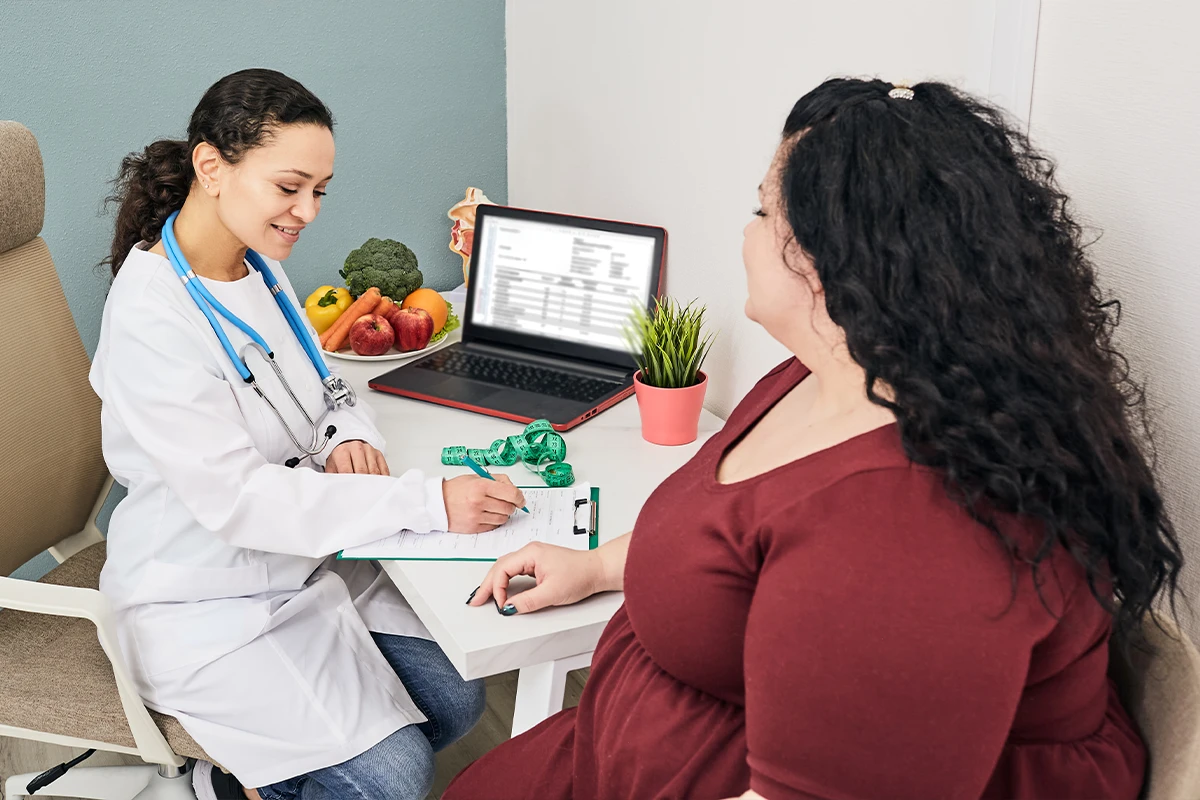For Participants
What is Clinical Research?
Clinical research is the study of health and illness in healthy people or in those with medical conditions. It determines the safety and effectiveness of medications, devices, diagnostic products, and treatment regimens that will be used for humans. This is done through clinical trials.
Clinical trials are a type of research study that consists of experiments or observations designed to answer specific questions, such as whether a new treatment or device is safe and beneficial to people. Clinical trials are a long and careful set of processes, which can take many years to complete. If the new treatment shows promise, then it may be moved to testing in people in the form of a clinical trial.
Clinical trials show us what works and what doesn’t work. They are the best way to learn and test different options to treat different medical conditions.
Why participate in a clinical trial?
People participate in clinical trials for a variety of reasons. Healthy volunteers say they participate to help others and to contribute to moving science forward. Participants with an illness or disease also participate to help others, while at the same time they are provided with access to experimental, cutting-edge treatment options they may not have had access to otherwise.
Clinical trials also provide access to a medical research team that carefully monitors all study related activity and procedures.
If you’d like to help, contact us now.
We appreciate your interest in clinical research.
Our recruitment team will contact you when there is a clinical trial for healthy volunteers or for participants that matches your interest. You can always call our office during business hours to apply over the phone.
Enrolling and Upcoming Studies

Diabetes with Risk of Heart Failure
More Info
This study is open to patients, aged 40 or older, who are at an increased risk of developing heart failure and cardiovascular-related events.
Your participation helps improve treatments for future patients.

Overweight & Obesity GLP-1 Study
More Info
This study is for adults, 18 years of age or older, who are carrying excess weight with a body mass index of 27 or higher and have type 2 diabetes.
Your participation helps improve treatments for future patients.

Obesity Associated with Type 2 Diabetes
More Info
Participants may receive study medication and study-related care at no cost, a chance to contribute to vital research, and compensation for study visits completed.

At Home Colon Cancer Screening
More Info
This study is open to those who are 40 years of age or older, have not had a colonoscopy in the past 9 years and do not have a personal history of colon cancer or other gastrointestinal conditions.
Qualified participants will be mailed an at-home blood draw kit and will need to attend a screening colonoscopy. Compensation of up to $300 may be provided for participants time and effort.
Closed Studies
- Asthma
- Blood Pressure & Cholesterol
- Colorectal Cancer Detection
- COPD & Heart Health
- Hypertension
- Multi-Cancer Early Detection
- Obesity
- Type 2 Diabetes
- Vaccine Studies
- Weight Loss
Frequently asked questions
Why should I participate?
The health of millions has been improved because of advances in science and technology, and the willingness of thousands of individuals like you to take part in clinical research. The role of volunteer subjects as partners in clinical research is crucial in the quest for knowledge that will improve the health of future generations. Find out more here: https://youtu.be/jR9RsUZvMq4
What is a clinical trial?
What is clinical research?
What is a consent form?
Everyone who participates in clinical research must give consent. An Informed Consent Document gives participants an overview of the study including its potential risks and benefits. It’s important for participants to understand what to expect during a trial. Learn more here: https://rth.li/faq
Can I leave/ Can I change my mind?
What is a protocol?
A protocol describes the rules to follow during the research. For example, a protocol states why it is important to study the research question and how the research team will answer the research question. Learn more here: https://rth.li/faq
What are the different phases?
Will I be compensated?
Participants may be reimbursed for their time and travel for participating in clinical trials. The amount of compensation varies per study, please ask your research team during your next appointment.
What are the benefits?
You may get a new treatment for a disease before it is available to everyone. You play a more active role in your own health care. Researchers may provide you with medical care and more frequent health check-ups as part of your treatment. You may have the chance to help others get better treatment for their health problems in the future.
What is involved with a clinical study?
Will my information be kept confidential?
How is my information being protected?
How do I know if a study is right for me?
You should consider several things when selecting a study:
- Understand the commitment of each study. How long is the study? How many visits are expected? Etc.
- Are you eligible for the study?
- Is the trial open label? Meaning—will you have access to the treatment after the study at no cost?
What can I expect in my prescreening visit?
How long do trials last?
Trials can last anywhere from a single visit to a couple of weeks to months or even years. Participation is always voluntary though and participants can drop out at any time if needed.
